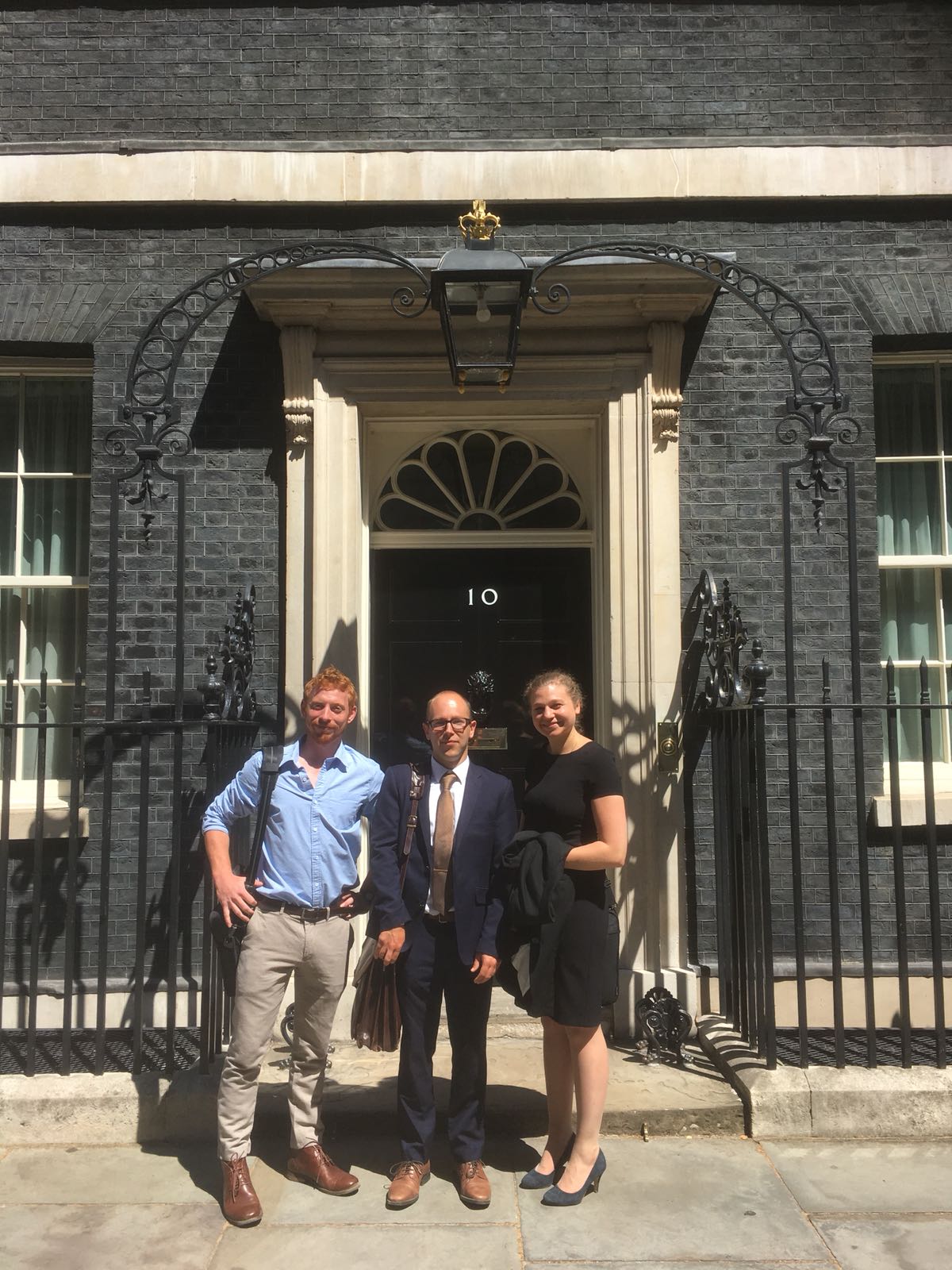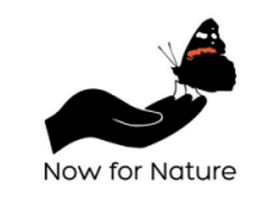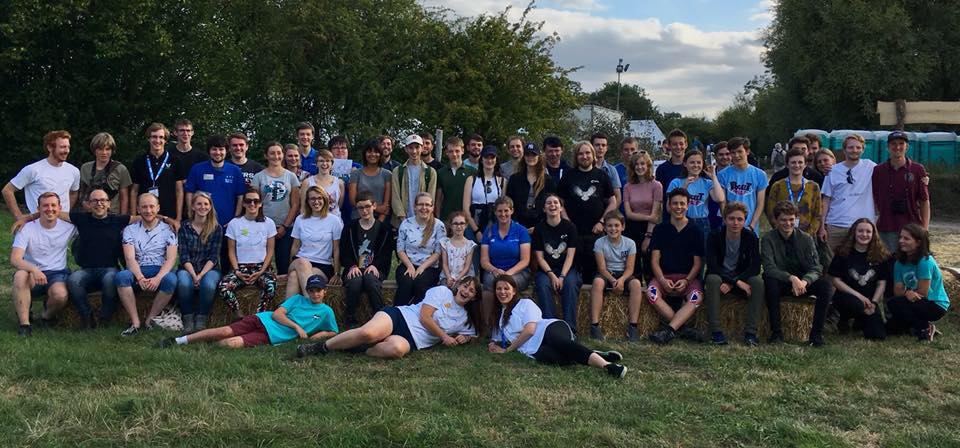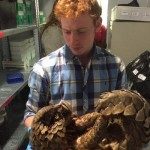At 17 I had a burning passion for the natural world. However, like many others of my age and inclination and despite attending multiple career days, I had no idea that there were opportunities to work within the wildlife sector. After studying an unrelated undergraduate degree my desire to work within the nature conservation sector remained unwavering, and I was beginning to become aware of others making it their life’s work to conserve the natural world and was inspired to do the same. Unfortunately, I believe herein lies one of the biggest problems facing nature conservation today.
Currently the sector does not have the structured career path, unlike more well-defined professions such as medicine or law. There are a number of possible reasons for this. Conservation is still an emerging sector, lacking in the money spinning, profit pushing drive of other sectors and instead heavily dependent on volunteering and charity. As such it is yet to receive the levels of funding needed to establish as a serious, globally recognised career option. Who knows how many skilled individuals the conservation world has lost due to the lack in job opportunities or money-making potential, and whose passion and skills are being utilised by more financially supportive industries.
However, this may be set to change.

A new century
We are currently living through an era defined by an anthropogenic driven sixth mass extinction. We’re losing species at a rate potentially even greater than when the asteroid hit the planet 65 million years ago. The World Health Organisation has stated that climate change is the greatest threat to global health in the 21st century. This, teamed with a heightened public awareness of environmental issues helped along by high profile documentaries, seems to be encouraging politicians (Trump excepting) to acknowledge environmental issues on the highest political stage. The UK government’s 25-year Environment Plan and the 2015 Paris Agreement on Climate Change seem like an encouraging start.
The thing is, if we are serious about truly combating these issues, serious funding must be urgently directed towards the sector. Calum Chase, an author and speaker on artificial intelligence, poses that the ‘Economic Singularity’ is fast approaching. This is a period of mass automation that will revolutionise modern day career paths. Today, we are already seeing mass automation of production processes and customer facing retail positions. However, Chase predicts this is only the beginning. Technology is moving forward at an unprecedented rate, with ever more complex algorithms being able to perform an array of processes much faster than the human brain. It is now theorised that established high skilled professions such as General Practioners, financial services and piloting are some of the careers potentially next in line to be automated.
At first it may seem that the era of environmental destruction and this economic singularity may appear unrelated. However, I believe this could be the dawn of an environmental and career path revolution. Chase states, that one thing almost impossible to automate is human creativity, opening up a wonderful opportunity for the humble conservationist. The world of nature conservation requires a multidisciplinary creative and ingenuitive approach, tackling the complex issues that threaten the existence of life on this planet as we know it. We will need highly skilled, highly motivated people to take on the challenge to save the planet. These may well be the people previously attracted to career paths that will have been surpassed by a new age of artificial intellect.
A Focus on Nature
‘A Focus on Nature’ (AFON) is the UK’s youth nature network and we aspire to help lead this charge. We are a voluntary network which connects, inspires and supports young people across the country to engage with the natural world and its conservation. We not only help to connect like minded people by creating a forum for discussion, knowledge sharing and opportunities, but also provide a mentoring programme and events, that connect conservation professionals with younger people who can learn from their experiences and gain the skills necessary to pursue a career within conservation. AFON also provides a platform to showcase young people who are passionate about nature conservation. We do this via our regular blog series and various competitions, while also connecting with national government to help provide input from younger people across the nation. Our ongoing ‘Now for Nature’ campaign will help to strengthen this spotlight and voice.
There is no doubting the severity of the issues that, not only threaten human existence on this planet, but also its incredible wealth of biodiversity that as far as we know is unprecedented and unrivalled throughout the known universe. Nevertheless, we must be optimistic that we have the tools, techniques and ability to reverse the species decline and threats posed by climate change. After all, there have been many conservation wins in its relatively short history, from bringing species and ecosystems back from the brink, reforming policy and inspiring millions about the wonders of the natural world.

There can be no more important job on this planet than saving the planet itself, and the foundations have been laid to fully commit to this challenge. AFON is proud to be a part of the conservation community, helping support and inspire the young people of today who can be the conservation leaders of tomorrow.
The first half of the 20th century was defined by war and how humans successfully defeated an evil that threatened life as we know it on this planet. I hope the first half of this century will be defined once again by how humans successfully came together against this new evil which we have inflicted upon this planet, and to successfully resolve the environmental issues that threaten our very existence.


